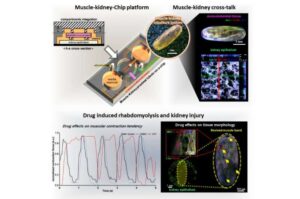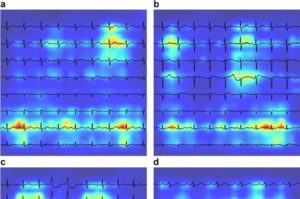MedTech News
.................... by Andrew Celentano

Biobeat raises $50M to commercialize cuffless blood pressure monitor
The company will use the money to try to establish its cuffless device as a go-to option for 24-hour blood pressure monitoring in the U.S.

Stereotaxis MAGiC cardiac ablation catheter wins FDA approval
Stereotaxis (NYSE:STXS) has won FDA approval for its robotically navigated MAGiC ablation catheter, offering a minimally invasive option for patients who otherwise might not be eligible for cardiac ablation to treat complex and critical heart rhythm disorders.

Gore wins FDA nod for deep venous stent
W.L. Gore & Associates announced today that the FDA approved its Viabahn Fortegra venous stent, formerly known as Viafort.

Picard Medical to roll out new Syncardia Total Artificial Heart feature
Picard Medical, the company behind the SynCardia Total Artificial Heart (TAH), announced today that it plans to launch a new, FDA-cleared artificial heart accessory.

Schizophrenia and osteoporosis share 195 genetic loci, highlighting unexpected biological bridges between brain and bone
A comprehensive genetic investigation led by Dr. Feng Liu at Tianjin Medical University General Hospital has uncovered striking molecular connections between schizophrenia and bone health, identifying 195 shared genetic loci that may explain why psychiatric patients face elevated fracture risks.

Robot-assisted therapy beneficial for children with autism
Social robots are efficacious and effective for children with autism, according to a study published online Dec. 24 in Science Robotics.

Organ-on-a-chip simulates drug-triggered muscle and kidney injury
KAIST researchers have developed a new device that can precisely reproduce how muscle and kidney damage influence each other simultaneously within the human body.

AI-powered ECG analysis shows promise for early COPD detection
A study published in the journal eBioMedicine assesses the effectiveness of electrocardiograms (ECGs) analyzed via deep learning as a tool for early COPD detection.
